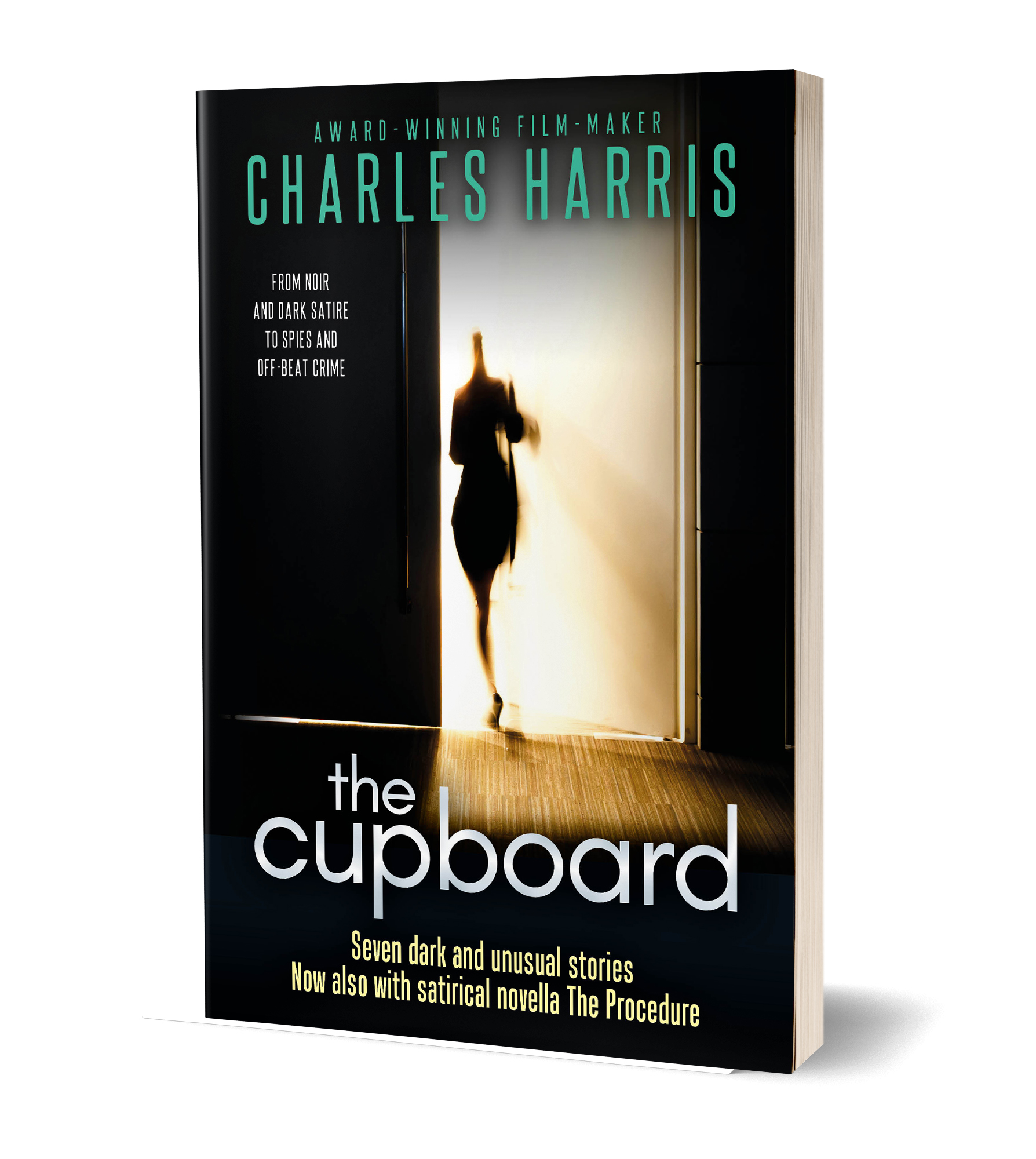Tags
audience, cinema, film, finance, marketing, pitch, producer, Screenwriting, scriptwriting, selling, titles, TV
I want to talk about a small strategy that may seem simple and yet if you use it has the power to push the sales of your scripts/films/novels/etc through the roof. It’s one that’s so easy it almost feels like cheating and yet when it’s done well it’s highly artistic and connects very directly with your audience.
It’s not an original idea of mine, in fact it probably goes back to the very start of writing, certainly to Homer, and I learned about it from one of the excellent articles written by Hollywood screenwriters Ted Elliott and Terry Rossio, in their WordPlay site – I highly recommend the site.
Before I get into the detail, look at how much good creative artists and good sales people have in common. I believe the greatest writers, directors, painters, composers, etc, generally know an enormous amount about how to make contact with their public, and they learn from everyone and everything they can.
For example, going back to Elliott and Rossio, did you know they’re also on the commentary track of Pirates of the Caribbean – to be precise they are two of four writers on one of four commentary tracks which make that DVD a virtual film school all on its own? I quote parts of that track in my screenwriting seminars along with much other information and advice I pack in.
At Euroscript we a great deal of the reading and research for you and pack it into a very full day or weekend workshop.
Which brings me back to this powerful little strategy. It’s called Mental Real Estate.
As Elliott and Rossio say, some ideas have a small piece of the real estate inside all our brains. And the more widespread they are, the bigger the potential audience, and a big potential audience means a big potential sale for a script.
Take Harry Potter – good story or bad, by the time the film was made, three best-selling books had lodged Master P firmly in the brains of just about every country in the world. Result: a must-see movie. In other words, Harry Potter has pitched a mental real estate sign inside a few billion heads. And he’s not the only one: think of Queen Elizabeth, the Titanic, Tolstoy and Orson Welles, to name but a few.
To apply this, you don’t need to option a top-selling novel. Just look around you at ideas and names that everyone knows. When Gurinder Chadha wanted to make a film about women footballers, she could have called it anything. However she called it Bend it Like Beckham – and the Beckham name shot the film up the charts.
Titles, character names, fashion items, exotic places, unusual ideas, all of them could propel your script into a producer’s imagination and via his/her cheque book into the public’s imagination too. At one time, to sell a movie all you needed to do was include a reference to the Internet!
Today’s latest mental real estate gizmo is (of course) 3D.
Look at that latest script. Is there any area that could benefit from a piece of mental real estate? Have you chosen the most exciting setting? Could you gain from a more resonant name for the central character? Does your theme resonate with the zeitgeist?
Don’t think this is less artistic? Shakespeare was brilliant at mental real estate, writing about people, themes and events that his public wanted to see. So did Homer.
This is just one small very practical idea, and look how powerfully you could use it.
Go use it now.


5 Comments
February 5, 2010 at 6:03 am
Your points in this post have really made it easier for, with thanks
February 11, 2010 at 11:16 pm
This is a impressive source of detail, Im happy I read this post. I am going to be back soon to look at more that you have.
February 19, 2010 at 1:51 am
Hey, this is a very nice blog! It seems you are doing well in the alexa rankings. Thank you so much for your time and I will check back on here when I get a chance!
February 19, 2010 at 11:45 am
Good points raised here, (well, what I could read of it). I am afflicted with color blindness (tritanopia to be precise). I mainly use Konqueror browser (unsure if that is of any importance), and a lot of this web page is tricky for me to make out. I know it is my problem to deal with, in truth, however it would be nice if you could take into account color blind surfers when carrying out the next webpage design.
February 23, 2010 at 1:27 pm
Hey there! I have to say I rather enjoy Your blog, it makes for an captivating Read! I hope to see more rants etc. from you soon! Thanks!